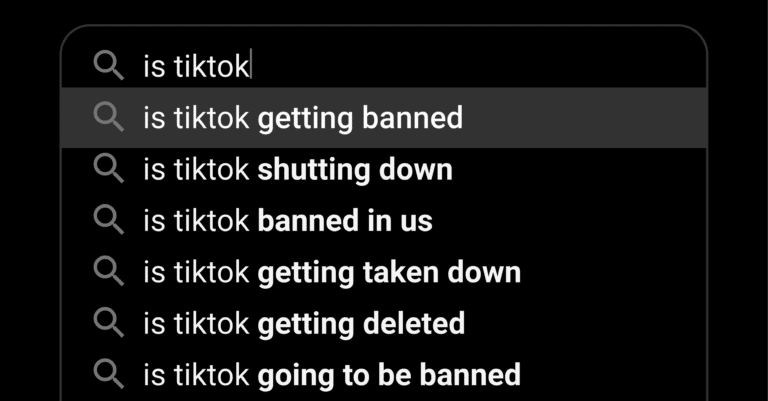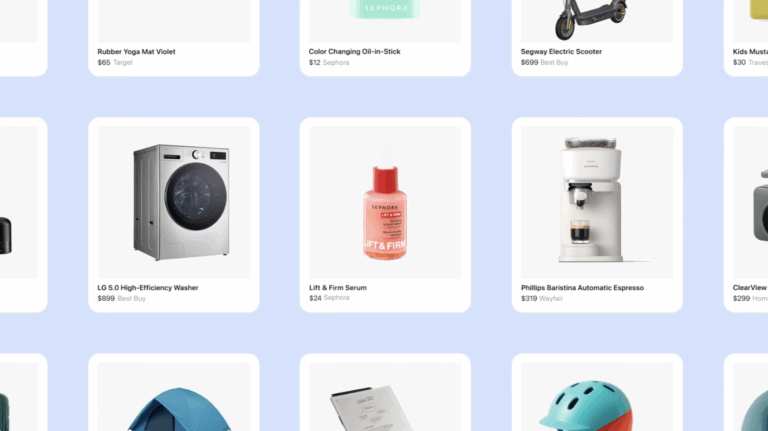

Live Updates: Navigating TikTok's Uncertain Future
Live Updates: Navigating TikTok's Uncertain Future
Jan 26, 2026


















Big goals need big ideas. Whether you need creative direction or a full-scale media strategy, we’re here to make it happen.
No fluff or filler — just the latest insights, platform updates, and strategies you need to stay competitive.